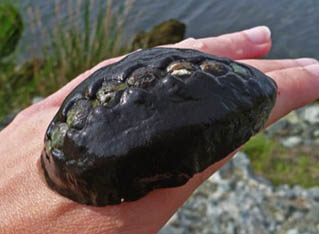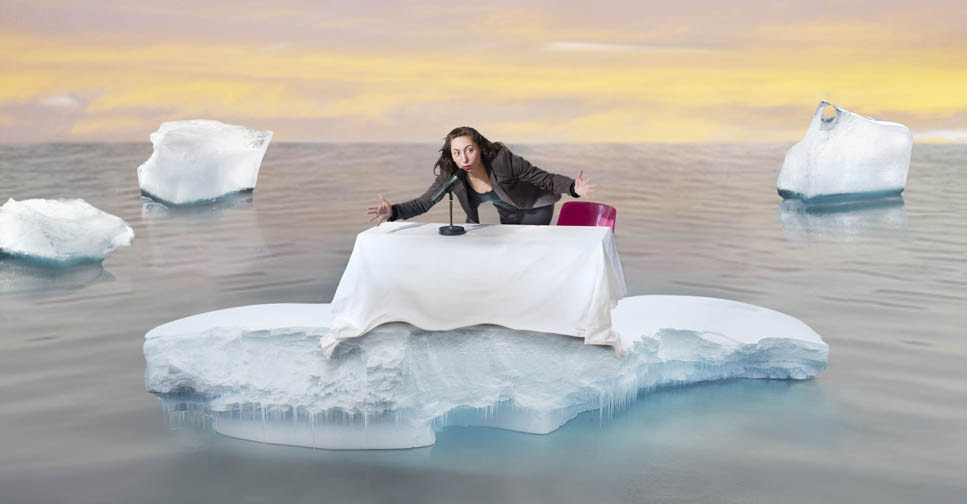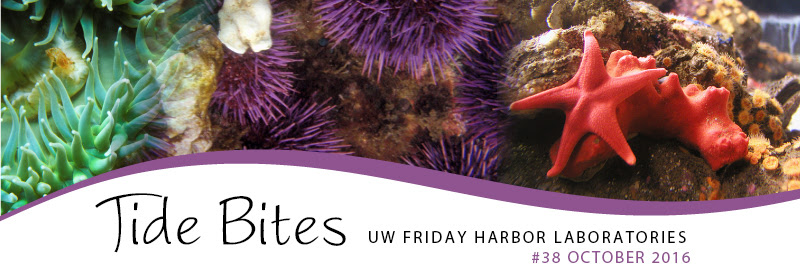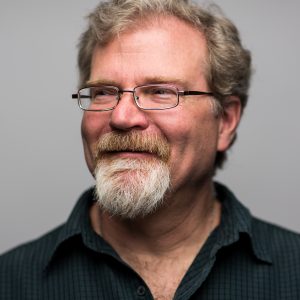from “Tide Bites“, the monthly newsletter from Friday Harbor Labs
An Intertidal Compass!
by Julia Sigwart
Dr. Julia Sigwart is an Associate Professor and the Associate Director of the Queen’s University Marine Laboratory in Northern Ireland. She is currently back home on the west coast on an extended research sabbatical at University of California, Berkeley, funded by the European Commission. Her research on the evolution of chitons and other marine creatures covers many different aspects, from fossils to neurobiology, which provides a good reason to do all sorts of fun experiments all over the world.

When you are trying to find your way home from a new place, you probably reach for your phone or GPS to ask for directions. Other animals don’t have the option of technology, but they do manage some extraordinary navigation. Birds, sea turtles, termites, and many other animals have a magnetic “sixth sense” that allows them to detect the Earth’s magnetic field, and align their direction on a migration path. This ability to sense magnetic fields, or having an “internal compass,” is termed magnetoreception.
Pioneering work on animal magnetoreception was done at Friday Harbor Labs starting in the 1980s using the seaslug Tochuina tetraquetra (formerly called Tritonia diomedea). Special equipment at FHL called a Merritt coil can manipulate electric currents to determine the force and direction of the magnetic field inside a cube that measures 6 ft on each side. This way, we can change which direction is “north” inside the experimental cube. Two members of our team, Drs Shaun Cain and Jim Murray, use this equipment for their research and for teaching a summer Neuroethology course (which will be offered again in summer 2017). In these experiments, we aimed to test for a magnetic sense in other, more primitive molluscs.






